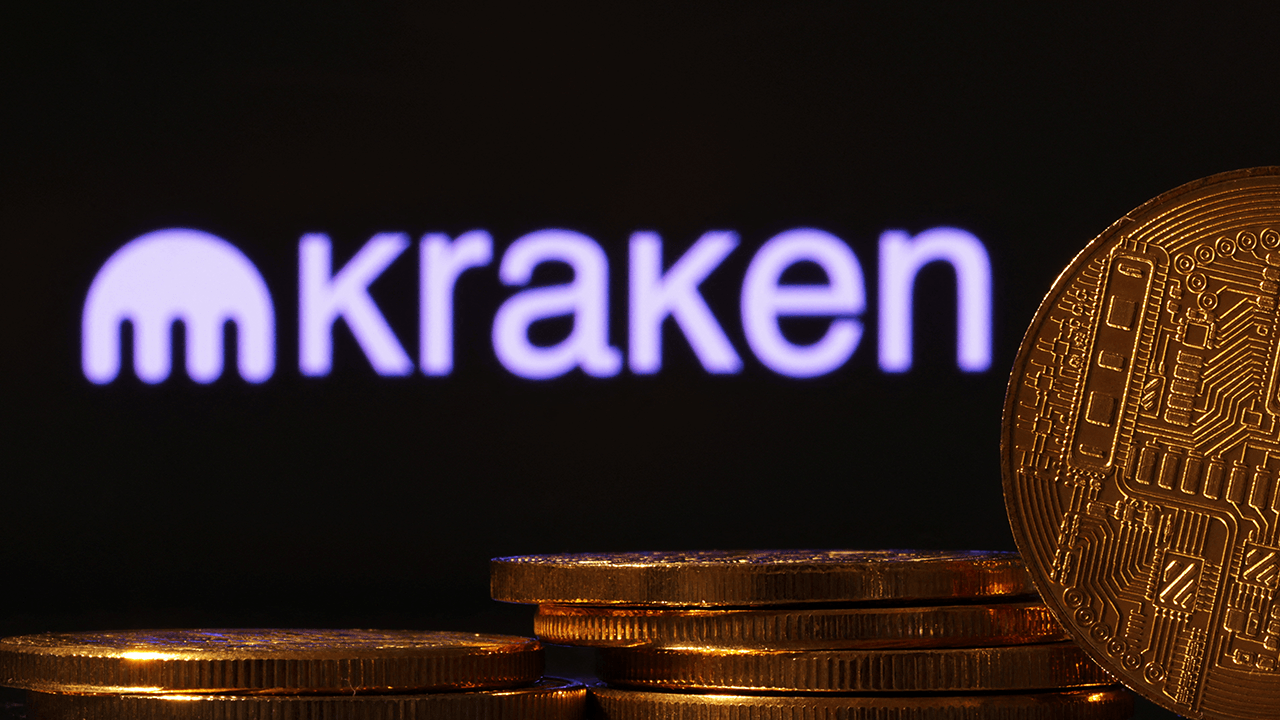Gabor Gurbacs, who is a strategic advisor at Tether and fund manager at VanEck, has gone on X to express his view about Ripple’s move to introduce another stablecoin. Having recognized the competitive character of the blockchain industry, Gurbacs, however, has underpinned his assertion of the dominance of USDT and Tether.
He provided various arguments that he is confident will make USDT maintain its dominion in the stablecoin market despite new rivals. The principles, market-responsive use cases, high liquidity, strategic geographical focus, and design efficiency were the focus of the Tether team.
Gurbacs also emphasized the significance of low transaction fees, a possible problem for Ripple stablecoin since the Ethereum chain is known for its fluctuating fee levels. His statements are in response to Ripple’s announcement to introduce a USD-backed stablecoin and have initiated conversations on the competitive dynamics of the stablecoin market. Gurbacs ended by pointing out his thoughts had been catalyzed by Ripple’s announcement, which illustrated the continuous discussion within the crypto community regarding the future stablecoin landscape.
USDT’s Unbeaten Status in the Stablecoin Market
For years, USDT by Tether has been one of the components of the cryptocurrency market that connects fiat currencies to the realm of digital assets. Gurbacs mentioned several pillars of USDT’s dominance, with the tether team’s strong principles and their ability to back real market demands being among them.
Also, he highlighted another important advantage of USDT – its liquidity, which it is able to use on many platforms and exchanges. The geographical focus strategy and design of USDT additionally enhance its market leadership status, allowing it to serve a wide range of users across the world.
The issue of transaction fees, especially on systems such as Ethereum, where Ripple aims to build its stablecoin, represents the dilemma of keeping these costs low. Customers must focus on efficiency and economy during the operations. Gurbacs’s analysis of why USDT persists as popular implies that any new stablecoin would have to satisfy those same basic market needs, and that includes Ripple’s in-the-works project.
Ripple’s Strategic Move into the Stablecoin Arena
Ripple CEO Brad Garlinghouse has described the way of the company’s stablecoin launch. Garlinghouse reiterated Ripple Labs’ long history, regulatory infrastructure, vigorous financial support, and large international payment network as the groundwork for their new endeavor. He claimed that the imminent stablecoin, based on the XRP Ledger and Ethereum chain alongside XRP, seeks to improve crypto-enabled payments through the use of Ripple’s already established infrastructure.
The Ripple announcement also specified that USD would back the new stablecoin, U.S. government bonds, and cash equivalents and that monthly third-party attestations would ensure trust and reliability. The program is not only a strategic growth for Ripple but also grows the utility, liquidity, and opportunities available to all developers and users in the XRPL ecosystem.
Read Also: XRP Price Market Sentiment Targets $1 Milestone Amid Rigorous Regulatory Debates
The presented content may include the personal opinion of the author and is subject to market condition. Do your market research before investing in cryptocurrencies. The author or the publication does not hold any responsibility for your personal financial loss.















